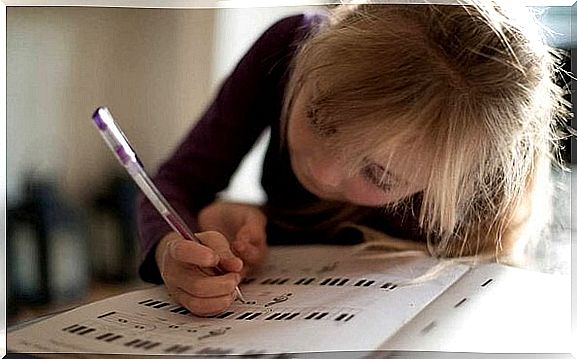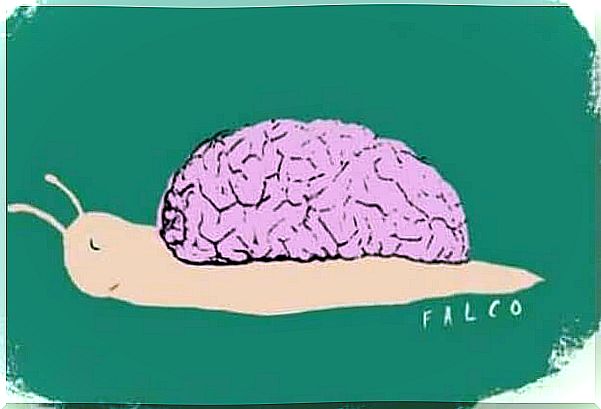Are There Problems With Our Students Or Our Education System?

You can not talk about learning without talking about the education system. These two things are closely related to each other, and they have a continuous influence on each other. A problematic consequence of the way our education system is set up is the tendency to label children as slow learners. This is problematic because it sets parameters for an ideal learning speed – but only learning that takes place in the system itself.
Most education systems in the world are strictly standardized. They define what people should learn, how and when. They also define the methods used to assess whether these goals are achieved.
The modern education system
Our system determines what constitutes slow learning. People generally believe that the education system is right and that individuals should be able to answer what it requires and function appropriately. If not, they may have problems or something needs to be fixed. Students are given labels such as slow, fast, intelligent and unintelligent. And the worst part is that these brands are the starting point in the road to academic success or failure.
Slow learning, or just different?
This is a true story. A third grader had trouble reading and writing breaks when he began this school year. His teacher often pointed out that he was the worst in the class. She wanted to write sentences on the board that the students would copy, and he was always the last to finish.

Because she could not wait for him, the teacher always erased what was written on the board and asked him to write it down later in the day by seeing what a friend wrote. One day, after more of the same, the teacher could not find the sponge. The boy had taken it and hidden it without anyone noticing. He finished writing what he was going to write down, and went up to the board to remove the text.
Is it fair to say that this boy is unintelligent? If you define intelligence as the ability to use available information to solve problems, we should conclude that he is brilliant. The story goes that he used an analysis process that involved defining the problem, evaluating available alternatives and reaching a solution. His actions were also ethical, since he never tried to hide his behavior – he just wanted to claim his right to have the same opportunity as everyone else.
The boy was punished for what he did. He “wasted” time with his classmates and went against the teacher’s orders. All she cared about was that the children would copy the text quickly enough.
Each student learns at their own pace and in their own context
All teachers, and the education system in general, know that learning is a comprehensive process. It involves cognitive, emotional, relational and symbolic processes, among many others. At least that’s what they’re saying. But how many teachers actually consider students’ home situation when they think about the learning conditions they are exposed to?

In Bogotá, Colombia, a public school launched a learning program using Jean Piaget’s teaching methods . For him, the content of learning was not as important as the mental process involved. At this school , they removed tests, classes and subjects. Instead, each child could enroll in the classes they wanted, and their performance was never numerically evaluated.
The results were surprising. Students could go to the same class several times if they wanted to, and they were motivated to do so. Performance increased significantly, and learning was much more effective. Because they failed or failed, they were more open when and why they did not understand things. The students felt that the school was their favorite place. A similar thing happened at the so-called Miracle School in Barcelona, Spain.
So before we treat someone as abnormal or stigmatize a child by telling them that they are a slow learner, that they have a problem keeping their attention, or that they are intellectually slow, we should instead diagnose the educational system there they are judged and marked.
It is also important to analyze each student’s situation. Is there something going on at home or in their personal lives that makes them anxious or depressed? Does the home environment help them learn? Beyond neurological considerations, we still have a lot to discuss on the subject.










